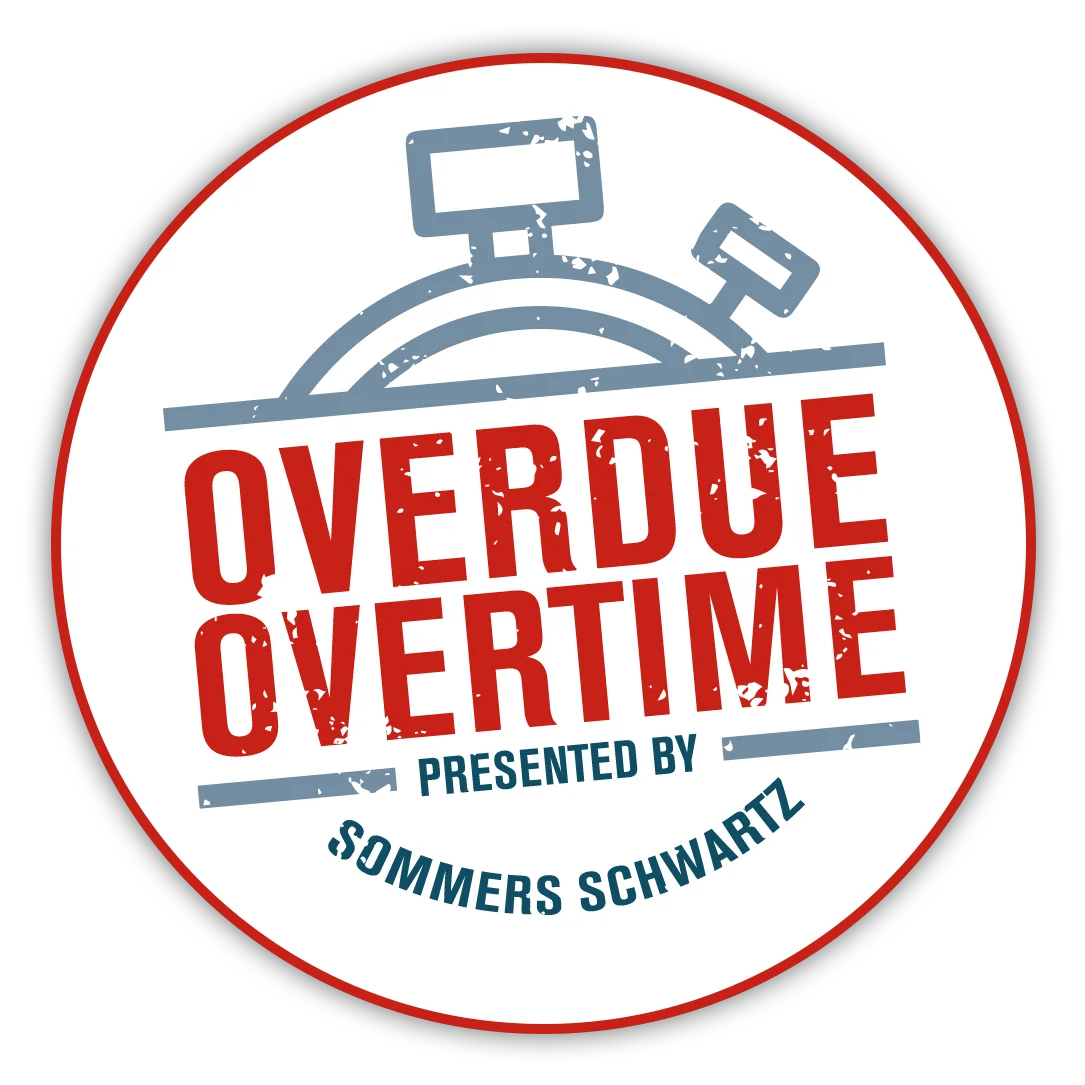
February 21, 2023 | Featuring: Jason J. Thompson
Can I Sue For Working Off the Clock?
Are you a victim of WAGE THEFT? Let us know!
"*" indicates required fields
Are you being paid what you deserve? Overtime pay is a right that many employees are entitled to, but it can be challenging to navigate the legal landscape around it. That’s why “Overdue Overtime” is here to shed light on the subject. In the pilot episode, attorney Jason Thompson breaks down the Fair Labor Standards Act and explains how it applies to employees seeking overtime pay. Host Justin Isaac facilitates an engaging discussion that covers wage liquidation, mediation, and much more.
“95% of the cases end in mediation…mediation is with a third party…it lasts up to a one to two year period…”
It’s crucial for employees to be informed about their rights when it comes to overtime pay, and “Overdue Overtime” provides a valuable resource for anyone who wants to learn more. The episode provides a comprehensive overview that serves as a reminder that employees should take action if they believe their rights have been violated. So, if you’re curious about overtime pay and want to learn more, check out “Overdue Overtime” and unlock the insider’s guide to Fair Labor Standards.
Don’t miss out. Listen to the full episode now!
FULL EPISODE
Jason J. Thompson
Jason Thompson is a nationally board certified trial attorney and co-chairs Sommers Schwartz’s Complex Litigation Department. He has a formidable breadth of litigation experience, including class action and multidistrict litigation (MDL), and practices nationwide in both state and federal courts.
